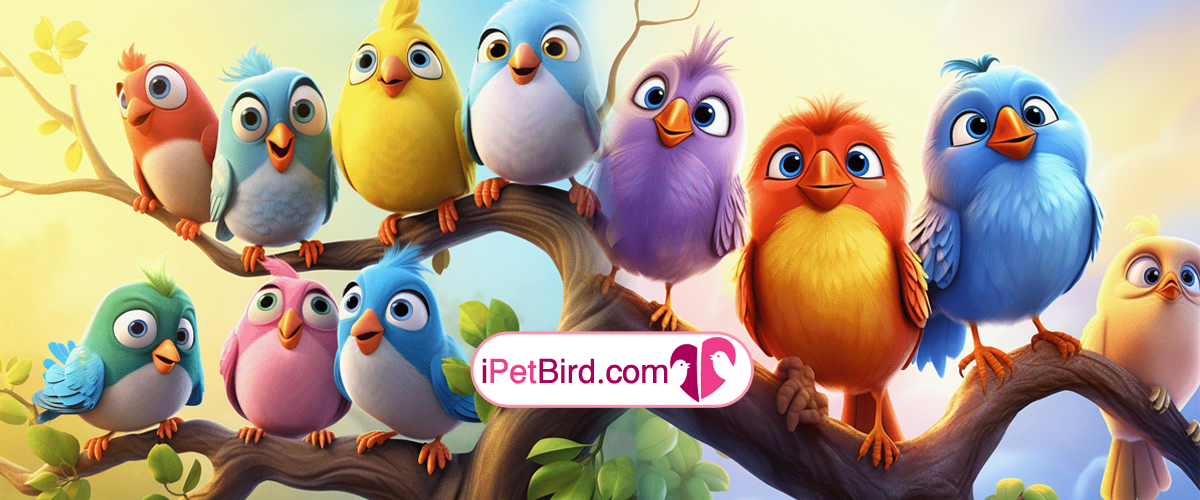How Do I Make A Rooster Vaccinate Chickens?

Chickens can lay eggs without the need for the presence of a rooster, but the presence of a rooster is linked to mating and fertilization of eggs, hence the importance of the rooster for continued reproduction. Therefore, chickens and roosters must be taken good care of, especially the rooster. It must be provided with appropriate fodder, and it must be ensured that it is not infected with diseases, in addition to leaving the rooster with the hen for several days. To ensure that the rooster fertilizes the hen, it is worth noting that during the winter season, when the chicken’s feathers fall out, the rooster takes a rest period and its fertility decreases during this season, only to return to its activity again in the spring.
How do you make a rooster vaccinate chickens?
A rooster can vaccinate chickens by following these steps:
Providing fodder containing complete nutrients to roosters and chickens before and during the mating period.
Ensure that the rooster is not obese or injured, which will prevent him from performing the mating process smoothly.
You must make sure that the chickens that lay thick-shelled eggs are placed to mate with the rooster.
It is preferable to select chickens and roosters that have the best health and desirable genetic traits for breeding.
The rooster should be left with the chickens for a period of time estimated at about 3 to 7 days.
One rooster should be left with the chickens, and if there are several roosters, one rooster should be placed for every 4 to 5 hens.
The rooster will start dancing around the chickens, and if the hen agrees to mate, she will sit on the ground so that the rooster can climb on top of her, and the rooster will be able to fertilize the chickens without any significant effort.
Read also: The Most Important Facts And Information About Carrier Pigeons: Master Of The Pigeon
Problems that may occur when mating rooster and chicken
The hen may run away from the rooster in some cases because she does not want to mate, but that will not prevent the rooster from continuing if he is dominant and in control, but some uncontrollable things happen during the mating process, including:
The rooster may peck the hens with his beak, or poke them with his hooves and hurt them as he circles around them before mating.
During the mating process, the rooster stabilizes the hen by holding its head with his beak, which may lead to the hen becoming nervous or the appearance of some blood spots and wounds on her back and the loss of some feathers. This can be solved by removing the rooster from the hen and leaving it to recover for a few weeks. The chicken can also be protected by placing a lamp. on her back during the mating process.
If the rooster is not dominant, it may be rejected by the hens. Additionally, if the rooster is smaller and smaller than the hens, the hens may injure it and prevent it from mating with it.
The thin back feathers may affect the success of the mating process, so it is necessary to trim the back feathers of chickens.
The size of the rooster is significantly different from the chicken, which may lead to the failure of the mating process.
Other information about mating between rooster and chicken
Here is some important information about the process of mating a rooster and a chicken:
If the rooster is excessively aggressive during mating, it must be changed, because the chicken’s physical and psychological health has an impact on production.
A hen may choose a rooster based on the redness of his mane and his protection of the flock. The hen tends to choose the leader to mate with, and the amount of his feathers also has an impact on her tendency to do so.
The rooster is at its strongest in the early morning and evening, and during the mating season it can mate up to 30 times per day.
The mating process only takes 30 seconds.
A rooster can reach sexual maturity at 4-5 months of age, and continue to produce sperm for several years, but the number and quality of these sperm begin to change as the rooster ages. [
Read also: Learn About The Best Birds To Raise At Home
















